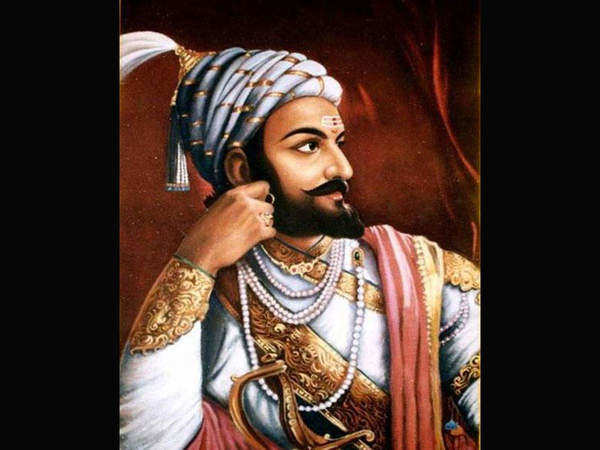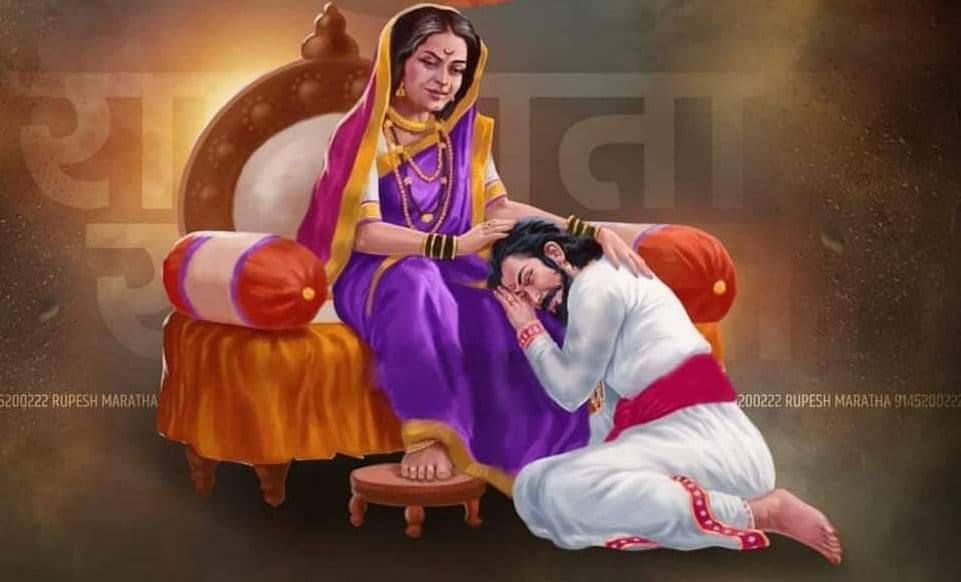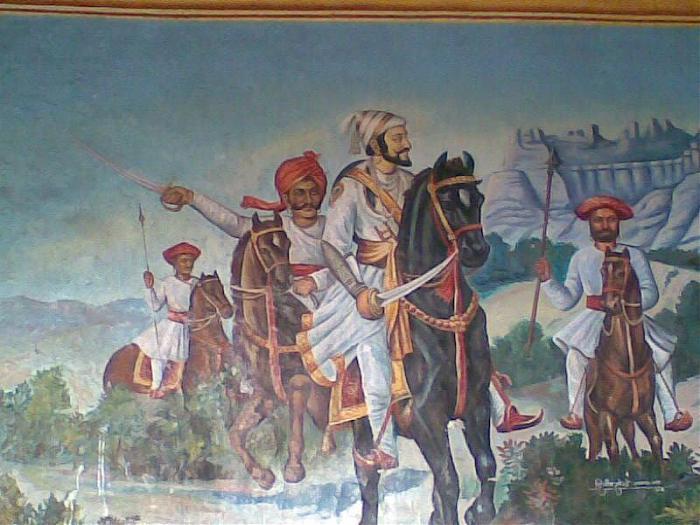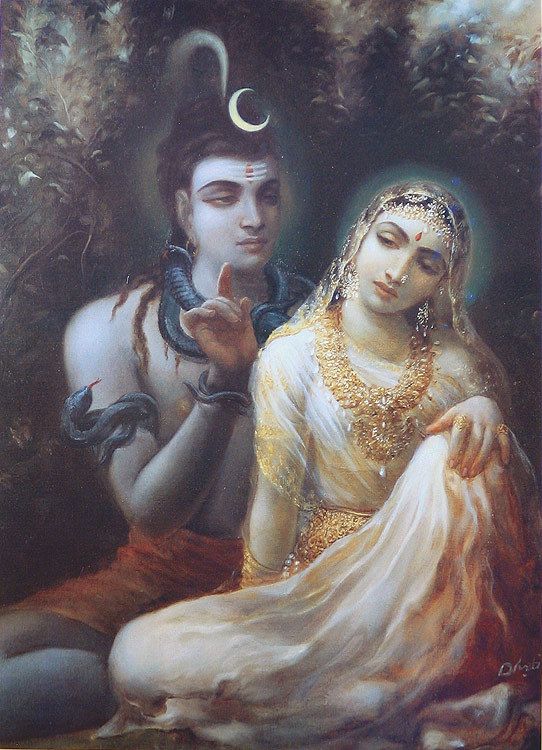
Chhatrapati Shivaji, The Great Maratha, has not been accorded his due place in the annals of Indian History. In these times of receding moral values however, it becomes imperative to tell all the children as well as the youth, the stories of such illustrious Indian Kings. The “Kaliyuga” has descended on us and has brought in a degradation of goodness and every noble qualities in humans. Tilak had understood the importance of narrating these stories to the common man in the language of their comfort and level, to refurbish their lost self-esteem. He knew that a country could not stand up for their rights, if they are in the grip of inferiority complex. He awakened the society that had gone into the cultural hibernation for many generations He revived the Indian culture and reinstate it into sleeping masses via his write ups on Indian history and community celebrations of festivals like Ganpati Utsav. So instead of cribbing about our education system, let us, in our best individual capacity, narrate the history weaving anecdotes into our narration to make the intellectually underprivileged fellow Indians comfortable to understand the true value of our culture.

Let
me begin my efforts in this direction by devoting today’s article to to narrate
a few motivating incidents from Shivaji Maharaj’s life.
After
a difficult labour, Maa Saheb Jijabai gave birth to Shivaji on 19 February 1630
at Shivneri fort near Pune. Those were challenging times, Deccan was chaotic,
so much so that his father Shahaji Raje Bhosle was on a campaign and could not remain
present at the time of Shivba’s birth. The area was reeling under draught, the
Mughals were trying to capture Deccan and the offshoots of the Bahmani Kingdom
were busy fighting each other.
Under
the guidance of Jija Mata Shivaba grew up dreaming about Swaraj. His close
friends Netaji,
Yesaji, Tanaji, Baji Prabhu, Balaji, Chimnaji, Dadaji Naras Prabhu, etc., looked up
to him and shared his dream. They together had taken an oath in the Raireshwar
Temple of achieving Swaraj and
freeing the Marathas from the tyrannical rules of the Niazam Shahi, etc. A new threat from the Mughals
was also looming large on the horizon. Neither Raje nor his friends were in any
way intimidated by such adversaries, they stoically went on with their plans
and preparations. Soon they began their campaign in earnest, won over major
forts and territories.


Due
to the infighting among the descendants of the erstwhile Bahmani Empire plus
the continuous attack of the Mughals, the once powerful Bijapur Kingdom became
irrelevant. After the death of Adil Shah, his eldest wife Badi Begum wanted to
restore Bijapur to its former glory. She began by deciding to bring Shivaji
Raje to his knees. Once she decided, she set out to find a nobleman in her
durbar brave enough to undertake the deed. She called all the Durbaris and
asked them who was ready to defeat Shivaji Raje, capture him and bring him to
the court of Bijapur. A ‘Paan cake’ was kept before them (it was
customary then to keep a paan cake while issuing a challenge, whoever picked it
up, automatically accepted the challenge) but except Afzal Khan no one came
forward to pick it up. Afzal Khan had also heard about Raje’s exploits and was
eagerly waiting to take him on. Afzal Khan had also been responsible for the
death of Shambhaji Raje the elder brother of Shivaji. Afzal was a brute and had
a huge, well-built body. He was very arrogant and overestimated his prowess.


The
Wai province was his jagir and he was also appointed the Subedar of Bijapur.
Khan set out with a huge army to crush Raje and win back all the forts Raje had
captured. The news of the Khan’s advancing army reached Raje, he immediately
started planning along with his coterie the steps that would be taken to not
only defeat Khan but also save Swaraj. Raje was under tremendous pressure as
his first wife Saibai was on death bed. She had not been able to gain back her
health after giving birth to Sambhaji Raje. In spite of going through immense
mental trauma, Raje did not allow himself the luxury of taking himself away
from all the strategic parleys.
Wai
was Khan's jagir and Shivaji was sure that he would stay there till the
monsoon receded. Shivaji backed off into the fort of Jawali and decided to
force Khan for a showdown in this
territory. Jawali was a difficult terrain and had dense jungles around it thus
it was a safe haven to take on enemies not conversant with the narrow gorges
and the thick forests. Moreover, the fort of Pratapgarh was also impregnable,
so Raje decided to operate from there.


As
expected the Khan descended on the Marathas with a mighty army and proceeded to
ravage the countryside. Shivaji had asked his vassals to surrender before the Khan
and even join him so that too many Maratha lives were not sacrificed. He
attacked and ravaged the Tuljapur Temple, in fact he took sadistic pleasure to
break the Moorti (idol) of revered Tulja Bhawani. He did not stop at that, next
he destroyed the temple at Pandharpur and Vithoba Moorti was also not spared. Khan knew that Tulja Bhawani was Shivaji's family
deity, and expected to draw out Shivaji Raje when this news spread like
wildfire. Raje was no fool and did not leave Jawali to fall into the trap of
Khan. Meanwhile he lost Saibai, yet had no time to mourn her. In the battle of Wai
Khan lost patience first and sent
Krishnaji Bhaskar for negotiations to Jawali. This was what Shivaji had been
waiting for all along. He sent Pantaji Gopinath, a astute statesman with a letter to Khan and also some valuable gifts. The greedy
Khan now became impatient to lay hands on all the treasures under Shivaji. So,
he agreed to come to Jawali to talk about settlements, in reality he had plans
to capture Raje. Raje was no man’s fool and knew that Khan would betray him, so
he made careful plans. He set up the meeting at Par, which was a relatively
flat area. He allowed Khan to enter Koyna
Valley with a massive army, but he had already asked his men to surround Khan’s army from all sides. The will Khan had
no idea about these developments. His greed was getting the better of him, all
he could think of was the immense treasure, which would come under his control
after he had defeated the Maratha Forces.


Twenty
soldiers from each side were allowed to come up to the meeting place. It was
also decided that Khan and Raje would
be allowed to take two personal bodyguards along with them. Khan was a massive
man and brought only one guard, Syed Banda, whereas Shambhaji Kavji and Jiva
Mahala accompanied Raje. .After the customary greetings, all three guards
stepped outside. Once alone, Khan pretended to be very benign and invited Raje
forward to embrace him as a token of good will. The humongous Khan held Raje in
a bear hug, at the same time he slyly took out his hidden dagger and tried to
stab Raje. The ever cautious Raje had worn an armour below his shirt, and thus,
was not injured. Simultaneously Raje tore opened Khan's stomach with his 'Wagh
Nakh'. Khan let out a roar of pain and began shouting to alert his men. Khan had
also hit Shivaji which broke the helmet he was wearing. Raje was saved because
of the helmet, even though it broke. However, Raje was stunned by the blow and
at this juncture Jiva Mahala, Shammbhaji Karvi and Syed Banda rushed into the
tent. Jiva was quick to cut of Banda‘s hand and then follow the blow with
another fatal blow. Thus Jiva saved Raje’s life, Karvi in the meantime had
chased Khan, who had gone rushing out of the tent. He beheaded Khan before he could escape in his palanquin.
The
Maratha army was signaled and they descended heavily upon Khan’s mighty army. Shivaji Raje had
specifically ordered the capture of all the cannons and other arms and
ammunition, this would enhance their artillery power. This was exactly what the
Maratha soldiers achieved. Once inside the safety of his fort, Shivaji Raje
sent the news of the Khan’s defeat to Maa Sahib Jijabai. The Maratha Kingdom
rejoiced but Raje immediately went forth with his army and not only captured
Wai but many other forts. He also freed all the territories, which had been
taken over by Khan.
This
was a decisive win for Swaraj and now Raje had become a force not to be taken
lightly. Even though the Khan was mighty yet minute planning and indomitable
spirit helped Shivaji Raje win the battle against the mighty Afzal Khan. This
also proved to be the turning point of Swaraj.
Jai
Bhawani, Jai Shivaji.


